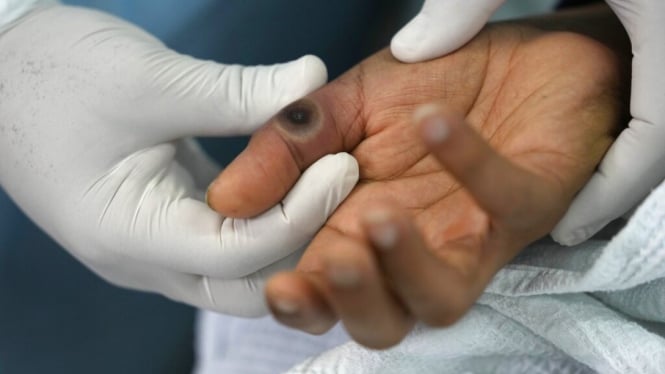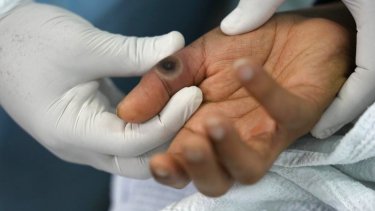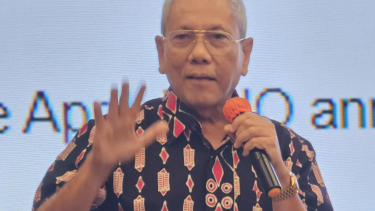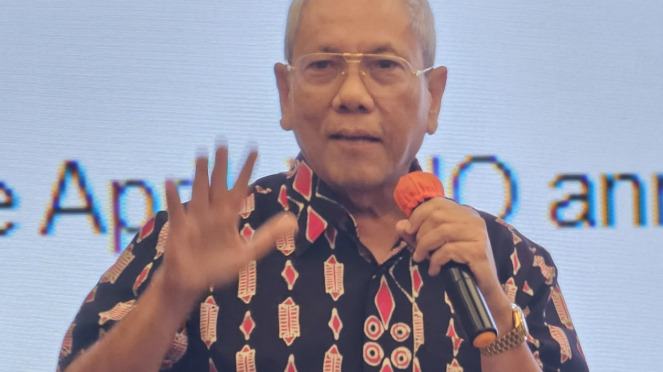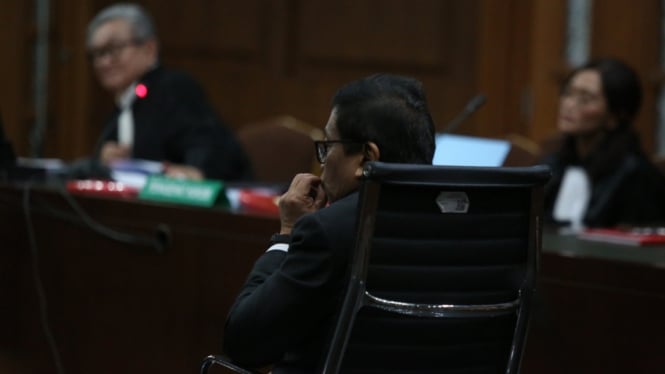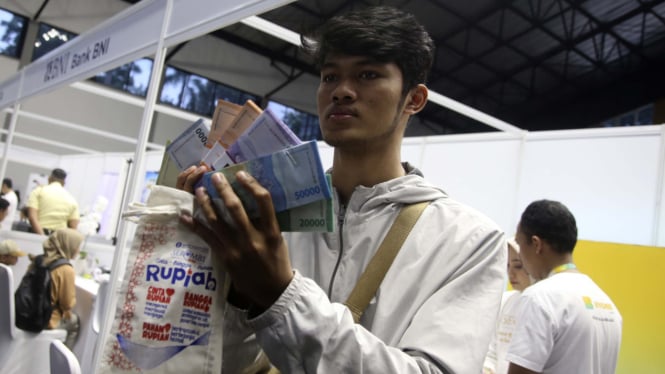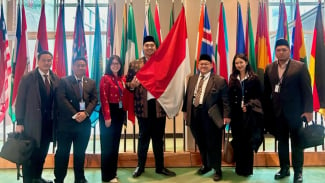9 Reasons Why Mpox is Now Targeting Children
- AP Photo
Jakarta, VIVA – Cases of Mpox, or Monkeypox, are spreading in several countries, with victims even reported in Indonesia.
Minister of Health Budi Gunadi Sadikin revealed that there have been 88 recorded cases of Monkeypox, also known as Mpox.
This number is cumulative from 2022 until now. Not only are adults being affected, but Mpox is also starting to target children in the Congo.
In a Cabinet Meeting on August 27, 2024, the issue of Mpox in children in Africa was discussed.
UNICEF reported that more than half of Mpox cases and nearly 80 percent of Mpox-related deaths in the Democratic Republic of Congo occurred among children.
Prof Tjandra Yoga Aditama
- Prof Tjandra
In Burundi, almost 60 percent of Mpox cases are among children and adolescents under 20 years old, with 21 percent of the cases affecting children under 5 years old.
Former WHO Southeast Asia Director of Infectious Diseases, Prof. Tjandra Yoga Aditama, stated that there are at least nine reasons why Mpox cases are now significantly affecting children.
"First, because the Clade 1b of Mpox is now infecting various age groups, including children. Second, the reality that some African countries are experiencing conflicts and an influx of refugees with various issues," Aditama said on Friday (August 30).
Third, malnutrition is affecting some of the children there. Fourth, there are also other diseases spreading, which certainly influence the likelihood of contracting Mpox.
Fifth, there is the factor of low immunization coverage in several African countries. Sixth, he mentioned the limitations of healthcare facilities, including diagnosis and treatment.
"Seventh, the relatively low public health awareness, as people face various other social problems in their daily lives," he remarked.
Eighth, children usually play together in groups, making direct contact with one another easier.
Ninth, he pointed out that many children sleep in the same crowded beds in relatively cramped homes, which further facilitates the possibility of transmission through contact.
"African countries like Congo are starting to explore the possibility of vaccinating high-risk children, along with other control measures," Aditama concluded.


